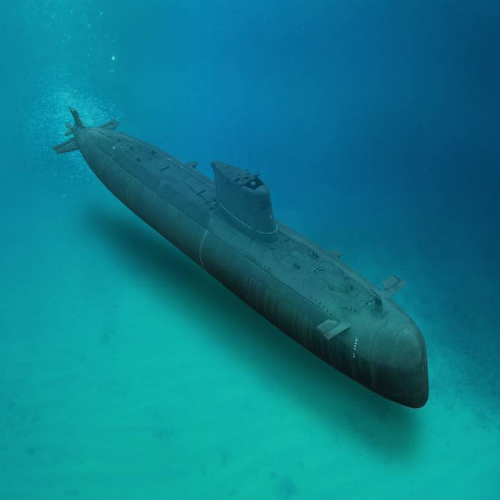In a recent announcement that has stirred up international attention, China’s Ministry of State Security revealed that it had recovered several secret devices hidden underwater. These devices, described as “underwater lighthouses,” are claimed to be part of a foreign espionage effort. This situation raises questions about security, spying, and military tensions in the South China Sea.
What Are These Undersea Devices?
China reported that its national security forces discovered various spying devices on the ocean floor. These devices are said to be gathering sensitive information about marine activity and data. The ministry described some of the devices as “secret agents” that float on the water’s surface. They supposedly move with the waves while continuously monitoring activities in China’s territorial waters.
The term “underwater lighthouses” suggests that these devices are capable of guiding foreign submarines. This means they might be helping enemy submarines navigate within China’s waters without being detected. The Ministry of State Security emphasized that these devices were not just harmless tools; they were considered potential threats to China’s security.
The announcement stated that the devices were actively sending back information that could “pre-set the field for battle.” This phrase implies that the data gathered by these devices could give foreign military forces a significant advantage in any future conflict. The ministry did not specify the exact locations where these devices were found, but the implication is clear: China believes it is facing a serious threat from foreign intelligence operations.
Rising Tensions in the South China Sea
The discovery of these undersea devices comes amid ongoing tensions in the South China Sea. This region is highly contested, with several countries, including the Philippines, Vietnam, and Malaysia, claiming parts of it. China, however, asserts that it has sovereignty over nearly the entire South China Sea, a claim that is not recognized by many neighboring nations.
Foreign Espionage Poses a Risk to China’s Space Research and Scientists
In recent weeks, there have been confrontations between Chinese and Philippine vessels over territorial claims in these waters. Such incidents have raised fears of potential military escalation. The situation becomes even more complicated with the involvement of the United States, which has a mutual defense treaty with the Philippines. This means that if the Philippines is attacked, the U.S. is obligated to come to its defense, which could escalate any conflict further.
Adding to the tension, China has been conducting military exercises around Taiwan, where it simulated attacks involving ships and aircraft. This has drawn sharp criticism from Taiwan and has raised alarms in the United States as well. China claims Taiwan as part of its territory, while Taiwan insists on its independence. The military drills demonstrate China’s determination to assert its position in the region, which adds to the complexity of the situation.
The Need for National Security
In light of these developments, China has reiterated its commitment to defending its national security and interests. The Ministry of State Security described the ongoing situation as a “serious and complicated covert struggle” for deep-sea security. They emphasize that they will firmly protect China’s sovereignty against foreign spying and intelligence operations.
The ministry’s announcement highlights that this is not just about monitoring the waters but also about safeguarding the nation’s future. With advancements in technology, the underwater domain has become increasingly important for military strategies. China has acknowledged the real threats posed by foreign intelligence agencies, especially in light of the submarine arms race intensifying between China and the United States, along with its allies.
As China develops new generations of nuclear-powered submarines, the stakes in the South China Sea continue to rise. This race for advanced underwater capabilities highlights the critical nature of underwater warfare in modern military strategy.
The discovery of these spying devices presents a reminder of the intricate and often dangerous relationships between nations, particularly in contested regions like the South China Sea. The implications of such espionage activities are far-reaching, as they touch on issues of national security, military strategy, and international relations. As tensions continue to simmer, the world watches closely, aware that the actions taken today may have significant consequences in the future.


